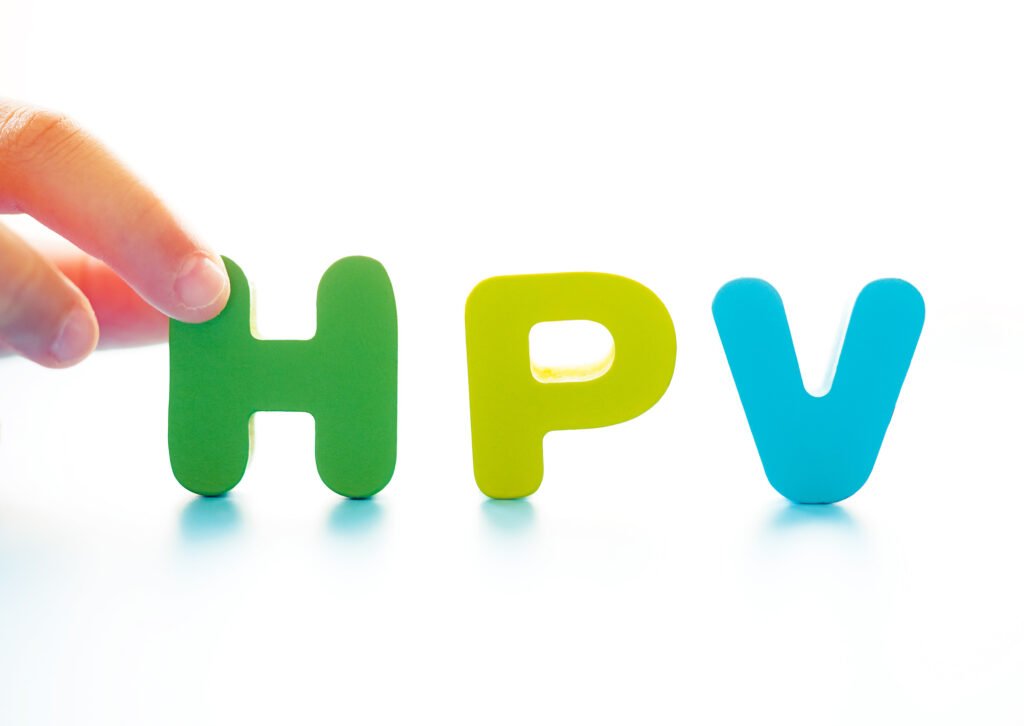
While Covid vaccinations have dominated our minds for the past few years, it’s important not to forget about other essential vaccines that protect the safety of our family. Human papillomavirus (HPV) is a common group of viruses, often affecting young adults while showing no symptoms. A November 2021 study published in The Lancet confirmed that the HPV vaccine can cut cases of cervical cancer in the UK by 87%. The results were hailed as powerful evidence that the vaccine has prevented, and will continue to prevent, thousands of young people from falling ill. Dr Neil Forrest from Osler Health International discusses the vaccine and what protection it can offer.
What is HPV?
There are approximately 100 different strains of the HPV virus that can infect humans. Of these, around 14 different types can infect the genital region, and around 80% of sexually active people come into contact with at least one type of HPV. Most get no symptoms, remain oblivious, and the virus goes away on its own. In some people, HPV causes warts.
What’s the link between HPV and cancer?
There are around 100 strains of HPV virus. Of these, around 14 types can infect the genital region, and around 80% of sexually active people come into contact with one type of HPV. Most get no symptoms and the virus goes away on its own. For some, HPV causes warts. In an unlucky few, the virus can cause cervical and other genital cancers.
What are the results of the vaccine?
The vaccine prevents infection from human papillomavirus, the group of viruses behind 90% of cervical cancer cases. Australia was one of the first countries to implement a national vaccination programme for girls in 2007 and included boys from 2013. As a result, the HPV rate among women aged 18 to 24 dropped from 22 percent to one percent between 2005 and 2015. In the UK it has been given to girls aged 12 and 13 since 2008, and in 2019 it was made available to teenage boys. A recent Cancer Research study found that cervical cancer rates in women offered the vaccine between the ages of 12 and 13 (now in their 20s) were 87% lower than in an unvaccinated population.
Are there any side effects?
Side effects are rare and include those which are common to most vaccines – pain and redness at the injection site, fever and aches. The vaccine is given with the patient sitting or lying down incase of fainting (which can be common amongst teenage girls). We observe everyone following the injection to make sure they’re okay.
Who should be vaccinated against HPV?
I recommend the HPV vaccination for all girls and boys. The Age of Consent in Singapore is 16, but the vaccination tends to be carried out between 10-14 (to be most effective, it should be administered before someone is sexually active). The vaccine consists of two doses which take place six months apart in children aged 15 and under. For those over 15, an extra dose is required. Research suggests the vaccines provide near 100% protection for many years.
Does it interact with Covid vaccines?
We don’t think so, but as a precaution I advise leaving at least a two-week gap between any Covid-19 vaccination and other vaccine doses. The HPV vaccine can be given at the same time as a tetanus booster and is often done so, as these vaccines are often due to be given once around 12-14-years old. If your child is between 10-15 years old, you may wish to book in for their HPV vaccine. If you have questions please call Osler Health International and we will happily advise.

How can a GP help?
Make an appointment on 6339 2727 or by visiting osler-health.com








